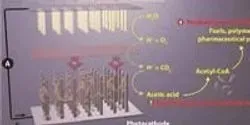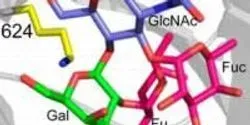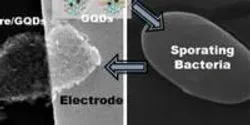Bacteria

University of Adelaide researchers have discovered a target for the development of completely new antibiotics against disease-causing bacteria.

Nearly half of foodborne illnesses in the U.S. from 1998 through 2008 have been attributed to contaminated fresh produce. Prevention and control of bacterial contamination on fresh produce is critical to ensure food safety. The current strategy remains industrial washing of the product in water containing chlorine. However, due to sanitizer ineffectiveness there is an urgent need to identify alternative antimicrobials, particularly those of natural origin, for the produce industry.

The global industrial sector accounts for more than half of the total energy used every year. Now scientists are inventing a new artificial photosynthetic system that could one day reduce industry's dependence on fossil fuel-derived energy by powering part of the sector with solar energy and bacteria.

Scientists have found antibiotic resistance genes in the bacterial flora of a South American tribe that never before had been exposed to antibiotic drugs. The findings suggest that bacteria in the human body have had the ability to resist antibiotics since long before such drugs were ever used to treat disease.














